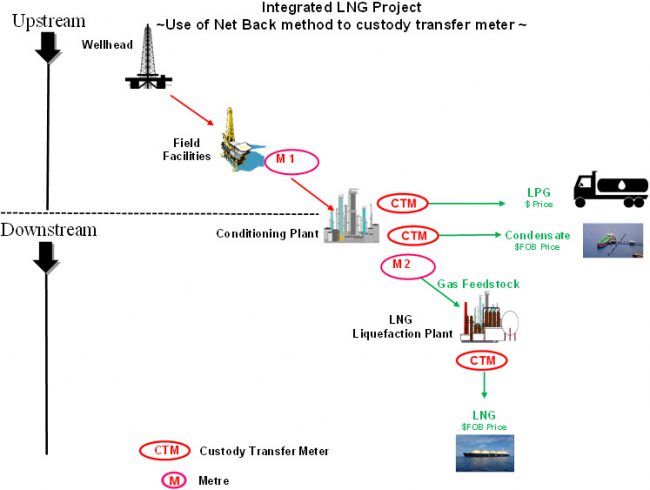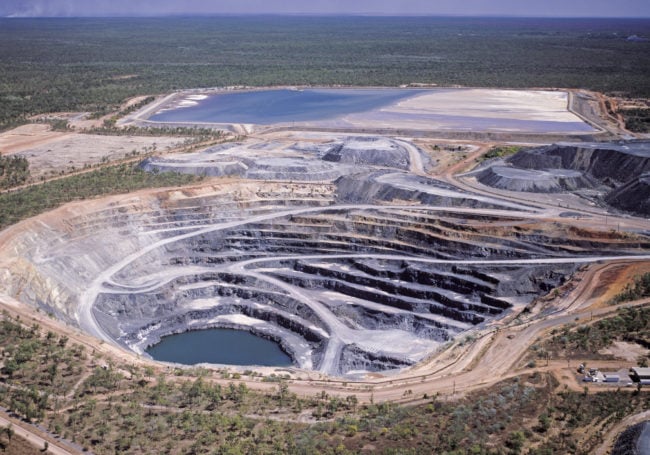
Economy - 3 Oct 2017
Are women never the ‘right age’ to work?
Pay inequality over the course of a woman’s life results in significant financial disparities in later life. But to begin to challenge the pay gap that exists between men and women, we need to understand how the concept of “gendered ageism” manifests for women across their careers, and how it can be addressed through organisational practices and public policy.

Corporate regulation - 3 Oct 2017
Disrupting the phoenix – how to tackle a business scourge
Thousands of creditors are left in the ashes when crooked directors vaporise corporate entities and slink away from debts. But a major research team is tackling the issue.

Banking - 28 Sep 2017
Banks have diversified, but failure risk has risen – why?
Over the last decades, major Australian banks have morphed from their traditional role of deposit and loan firms, into big “one-stop shop” financial institutions with risk spread across different assets.

Energy - 25 Sep 2017
Why a fairer gas transfer pricing solution is needed
The current Petroleum Resource Rent Tax (PRRT) Regulations grossly undervalue the gas transfer price for gas feedstock, to the detriment of tax collections and the community as owners of petroleum resources.

Banking - 19 Sep 2017
Fintech offers Indonesia’s ‘unbanked’ a lifeline; but regulators struggle to stay ahead
The rapidly expanding array of fintech companies is proving a challenge for regulators around the world.

Economy - 17 Sep 2017
Nationalisation, state equity participation and resource rent tax in the extractive industry
Papua New Guinea is a resource rich nation, with significant reserves of gas, copper, gold and zinc. Understandably, there is a desire to generate tax revenue by taxing the rent associated with these natural reserves, but there is also significant disagreement about the best way to do this in the PNG context.

Trade - 26 Jun 2017
Is the TiSA trade deal shaky? Australia watches EU and US for signs
The fate of a major trade agreement involving Australia remains uncertain, amid Britain’s increasingly shambolic withdrawal from the European Union and ambivalence from the Donald Trump-led US administration.

Tax - 12 May 2017
New tax for banks but no tax change for the petroleum industry
While Australian banks are facing a new tax from the 2017 federal budget, the government has passed over another major sector – the petroleum industry, according to a Monash Business School resources taxation expert.

Economy - 24 Apr 2017
How do we fix STEM’s brain drain?
Why do our best and brightest continue to leave the STEM fields – science, technology, engineering and maths?

Behavioural economics - 9 Mar 2017
Charitable giving: What motivates your donation?
Do you believe some groups deserve handouts, but that others should work for it? And how do you decide? The answers to these questions could depend on your motives for donating to charity: Are your motives purely altruistic, or do you do it simply for that “warm inner glow”?

Economy - 15 Feb 2017
How network economics could reduce crime
In 2014, Swedish police had a problem common to police forces around the world. They needed to reduce juvenile crime, but had very limited resources. This conundrum attracted the interest of network economist Professor Yves Zenou.

Big Data - 2 Feb 2017
No more poker face: facial recognition could change how we view tennis
New technology that captures faces and monitors tennis players’ emotions may be in its early stages, but could be a game changer.